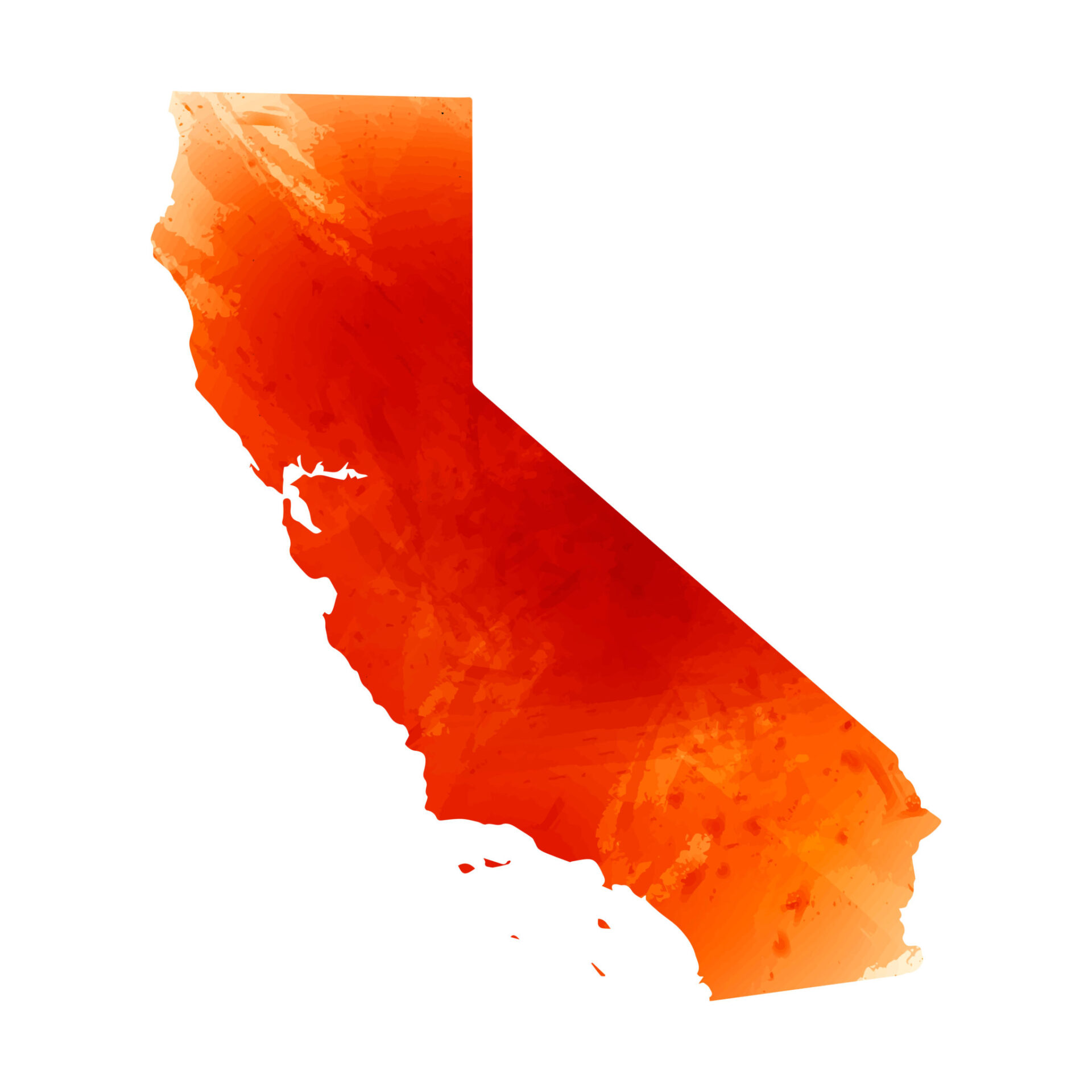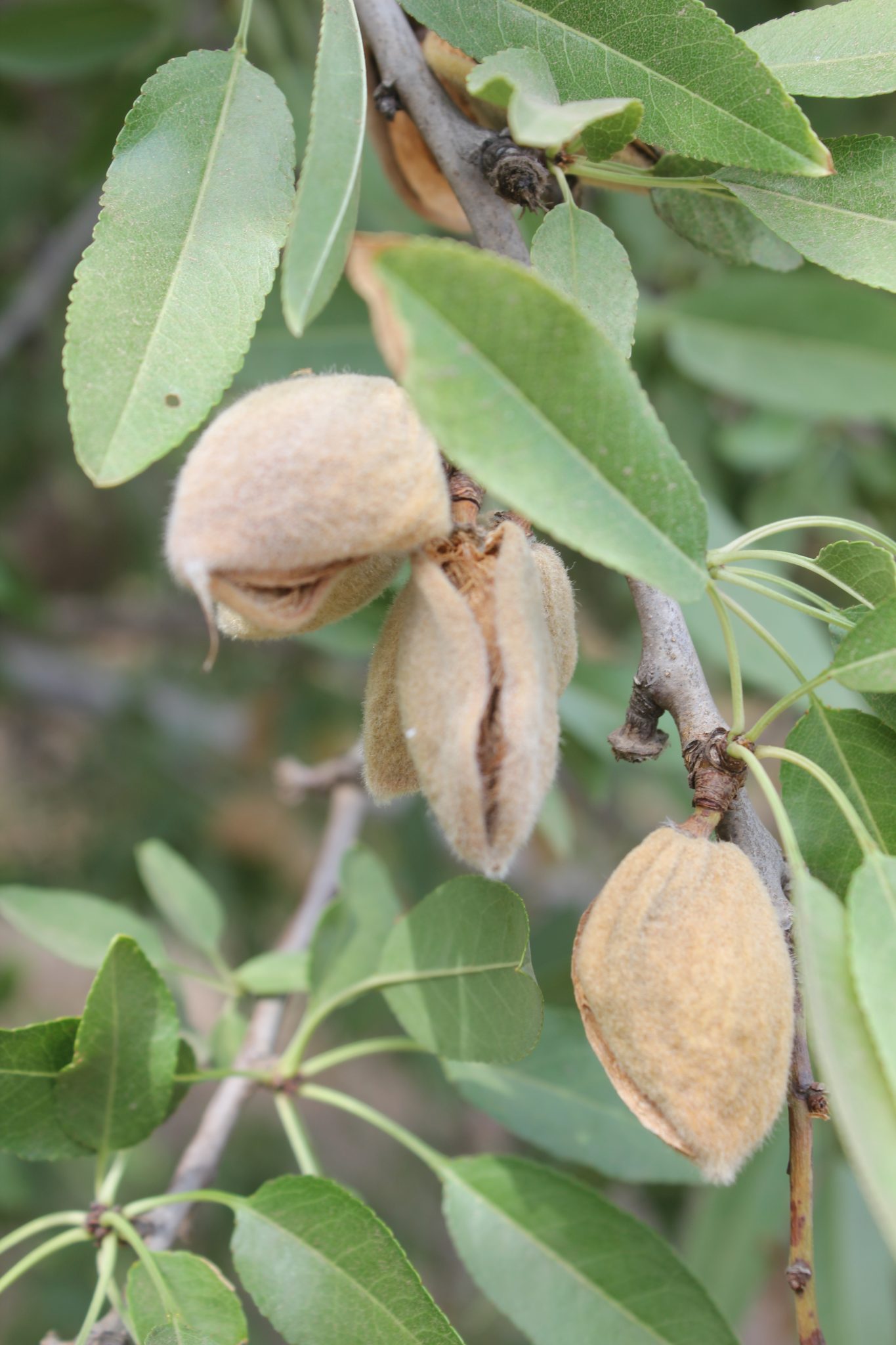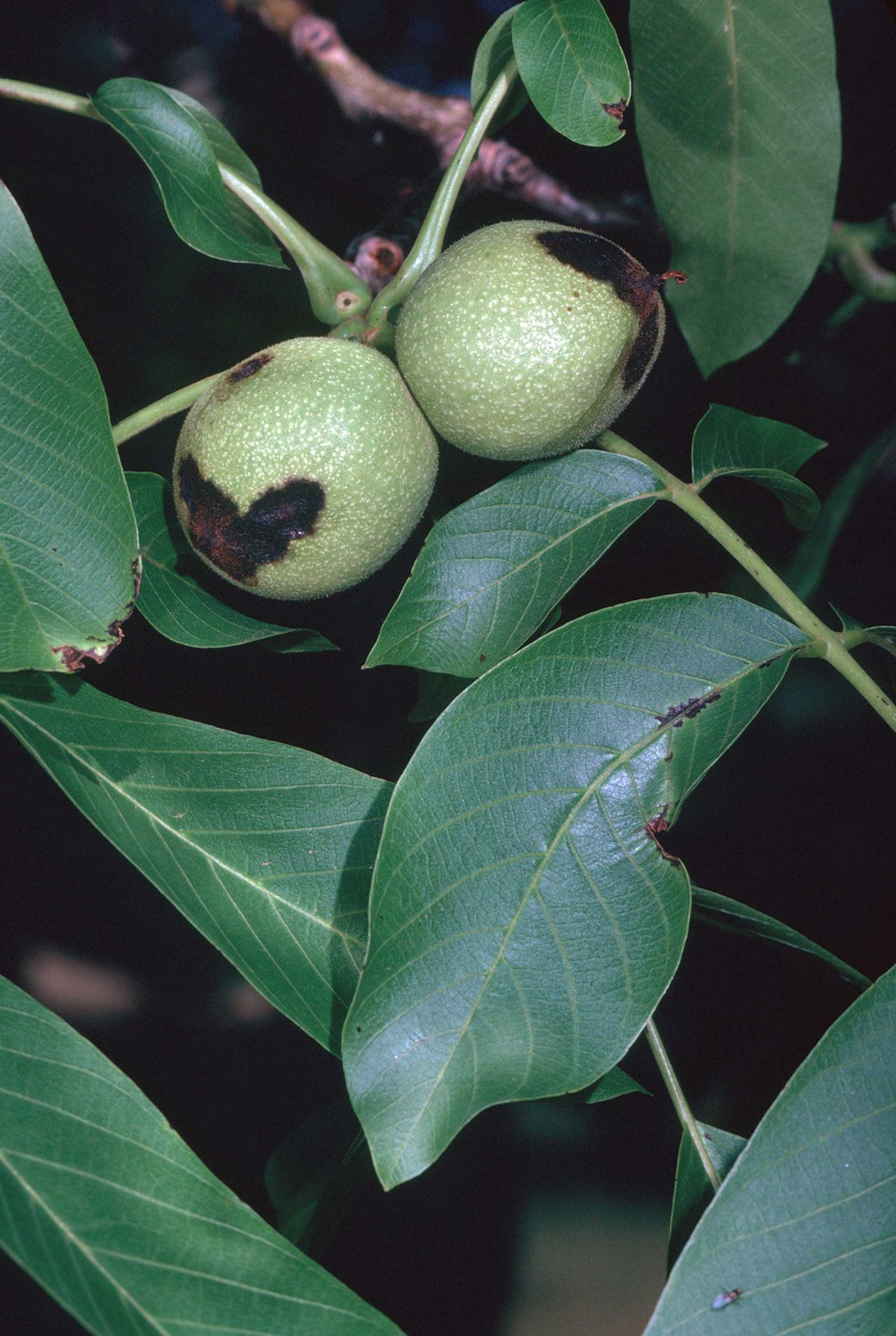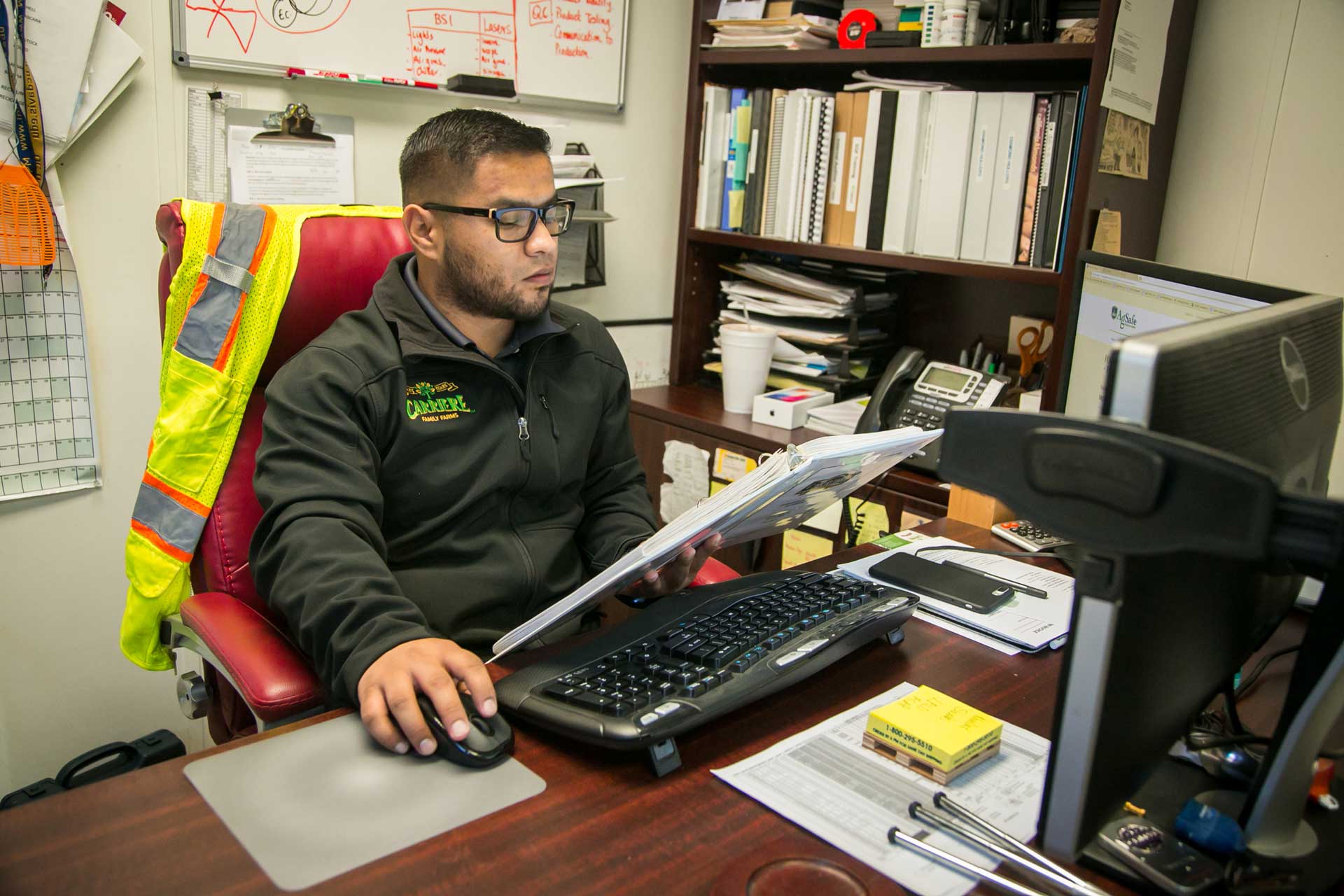For tree nut farmers, hullers and processors, the November election may be one of the most important elections in decades. And I’m not talking about the Presidential election.
For Californians, Proposition 15 is on the ballot and, if passed, would create $12.5 billion in new taxes, the largest tax hike in our state’s history. It would do so by eliminating the 1% cap on property taxes for businesses throughout the state, including agricultural processing facilities such as tree nut hullers and processors. In addition, it would trigger annual reassessments for agricultural fixtures such as irrigation systems, solar installations on farms and processors, barns and even permanent crop trees including almond, walnut, pecan and pistachio trees. It would do all this in a state where businesses already pay the highest taxes, not to mention highest regulatory fees.
Historically, the cap was created in 1978 with the passage of Proposition 13. At that time, families, seniors and small businesses were faced with the possibility of losing their properties because they couldn’t afford 50-100% increases in their property taxes every year. Unpredictable property tax bills skyrocketed, often beyond owners’ ability to pay. As a result, many families were forced from their homes and small businesses were left with no choice but to raise prices on consumers. California voters overwhelmingly passed Prop 13 in 1978 to bring certainty to residents and businesses, allowing them to afford their property tax bills in the future. Specifically, Prop 13:
- Limits general property taxes for residential and business properties to no more than 1% of their purchase price.
- Caps annual increases in general property taxes at 2% per year, which prevents sharp increases in property taxes, especially when property values rise quickly.
If passed in November, Proposition 15 would eliminate those protections. Fresno County Tax Assessor Paul Dictos was recently quoted as saying “Prop 15 will not help. It will make things worse. It will remove Prop 13’s protections for California farmers, triggering annual reassessments at market value for agriculture-related fixtures, irrigation systems and improvements, including barns, dairies, processing plants, wineries, producing fruit trees, nut trees and vineyards. California’s cost of living is already among the nation’s highest. We should not make it even more expensive to live here. Prop 15 will make it more difficult for Californians living paycheck-to-paycheck.”
The higher taxes, in many cases, would be passed on to the tenants of those commercial and industrial property owners. In short, it’s a tax on businesses, often small businesses, at a time when they can least afford it. To help offset some of the impact, Prop 15 would reduce a separate tax on businesses by reducing the taxable value of each firm’s equipment by $500,000 starting in 2024. Nevertheless, the measure would increase the total property taxes collected statewide by an estimated $8 billion to $12.5 billion annually by 2025. Indeed, backers of Prop 15 are pitching the measure as a way to raise more money for schools, even though schools would receive only about 40% of the new money available after administrative costs. The rest would go to cities, counties and special districts.
In a year like 2020, it is difficult to fathom we are facing something like Proposition 15. For tree nut farmers, hullers and processors, the time to take a stand is right now. There are three groups you can contribute to help the effort to defeat the ballot measure:
- NO on Prop 15 Coalition – www.noonprop15.org
- Alliance of California’s Farmers and Ranchers – www.noonprop15.ag
- Family Farmers Against Prop 15 – www.cafarmersagainstprop15.com
No matter which group you contribute to, be sure to vote NO on Proposition 15 and make sure friends, family members and neighbors understand the consequences if the largest property tax hike in California history passes.











